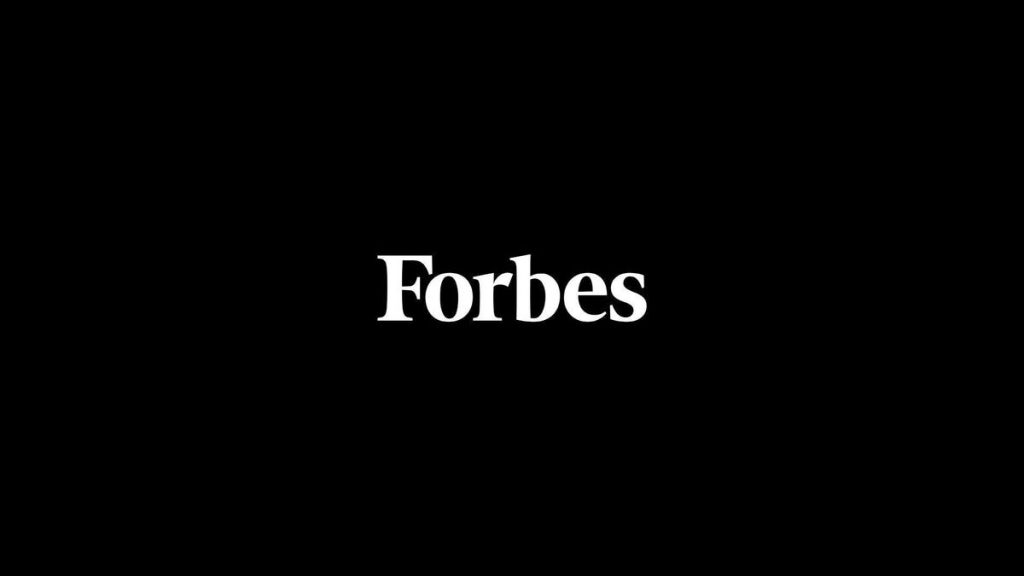Building wealth isn’t a quick fix or a shortcut to overnight riches. It’s a deliberate and strategic journey that involves making wise financial choices. While most individuals are fixated on immediate gains and the allure of quick riches, true wealth is built through thoughtful investments.
As a Certified Financial Planner and someone who has experienced the transformative power of wealth-building firsthand, I’m here to shed light on the importance of two types of assets: tangible and intangible.
In this article as we delve into these assets and how they play a vital role in the pursuit of building lasting wealth.
Tangible Assets: Investing in Stocks, Mutual Funds, and ETFs
When we think of investing, tangible assets are the ones that often come to mind. These assets include stocks, mutual funds, and exchange-traded funds (ETFs). Investing in these assets allows individuals to participate in the growth of companies and markets. It’s important to understand the basics of these investments to make informed decisions.
Forbes writer Thomas Schrock suggests “Before you begin to invest in tangible items, you need to identify what it is that you wish to achieve with your portfolio.”
Investing in stocks provides individuals with an opportunity to own a portion of a company. By buying shares, investors become shareholders and have the potential to benefit from the company’s success.
Mutual funds, on the other hand, pool money from multiple investors to invest in a diversified portfolio of stocks, bonds, or other assets. This allows individuals to invest in a range of securities while leaving the investment management to professionals. ETFs offer a similar advantage of diversification but trade on exchanges like stocks.
Intangible Assets: Investing in Yourself
While tangible assets are essential, investing in intangible assets can significantly impact one’s wealth-building journey. Intangible assets refer to personal development, knowledge, and skills. By investing in oneself, individuals enhance their abilities, expand their knowledge, and improve their earning potential.
One powerful way to invest in yourself is through accelerated learning. This can involve various forms of education, such as online courses, books, podcasts, and seminars.
These resources provide valuable insights into different fields, helping individuals acquire new high-income skills or deepen existing ones. By continuously learning and expanding knowledge, individuals can stay competitive in their chosen industries.
Investing in your personal brand is another intangible asset that can yield substantial returns. Enhancing your professional credentials, such as obtaining certifications or advanced degrees, can position you as an expert in your field.
Additionally, seeking business coaching and consulting services can provide guidance and strategies to propel your career or entrepreneurial endeavors forward.
Engaging in networking and joining mastermind groups can also offer opportunities to connect with like-minded individuals and gain insights from successful professionals.
The Synergy of Tangible and Intangible Assets
To achieve optimal results in building wealth, it’s crucial to understand the synergy between tangible and intangible assets. While tangible assets provide the foundation for financial growth, intangible assets play a complementary role in enhancing personal capabilities and expanding opportunities.
By striking a balance between tangible and intangible investments, individuals can maximize their returns. Tangible assets, such as stocks and mutual funds, offer the potential for financial growth and increase in income. These investments can compound over time, leading to substantial wealth accumulation. However, solely relying on tangible assets can limit one’s potential for growth.
Intangible assets, on the other hand, offer unique advantages. By investing in oneself through education, personal development, and professional credentials, individuals enhance their skills, knowledge, and marketability.
These intangible assets can open doors to new opportunities, promotions, and higher-paying positions. They also provide the flexibility to adapt to changing industries and economic landscapes.
I experienced this firsthand when I acquired my CFP® designation early in my financial planning career. By adding some credentials to my resume, landing new clients became much simpler and it also allowed further growth in my profession.
When tangible and intangible assets work synergistically, individuals can experience accelerated wealth building.
For example, investing in tangible assets can generate passive income, which can then be reinvested into further education, skill development, or entrepreneurship. This cycle of investing in both tangible and intangible assets amplifies growth and creates a positive feedback loop.
The Bottom Line – Building Wealth with The Right Assets
Building wealth is a long-term journey that requires strategic investment decisions. By diversifying investments between tangible and intangible assets, individuals can create a robust financial portfolio. Tangible assets like stocks, mutual funds, and ETFs provide opportunities for wealth accumulation.
Simultaneously, investing in intangible assets, such as education, personal development, and professional credentials, enhances skills, knowledge, and marketability.
The synergy between tangible and intangible assets allows individuals to optimize their wealth-building potential. Balancing investments in both types of assets creates a powerful cycle of growth, where returns from tangible investments can fuel further investment in personal development and entrepreneurship.
By taking a holistic approach to wealth building, individuals can achieve long-term financial stability, personal growth, and greater opportunities for success.
Read the full article here
